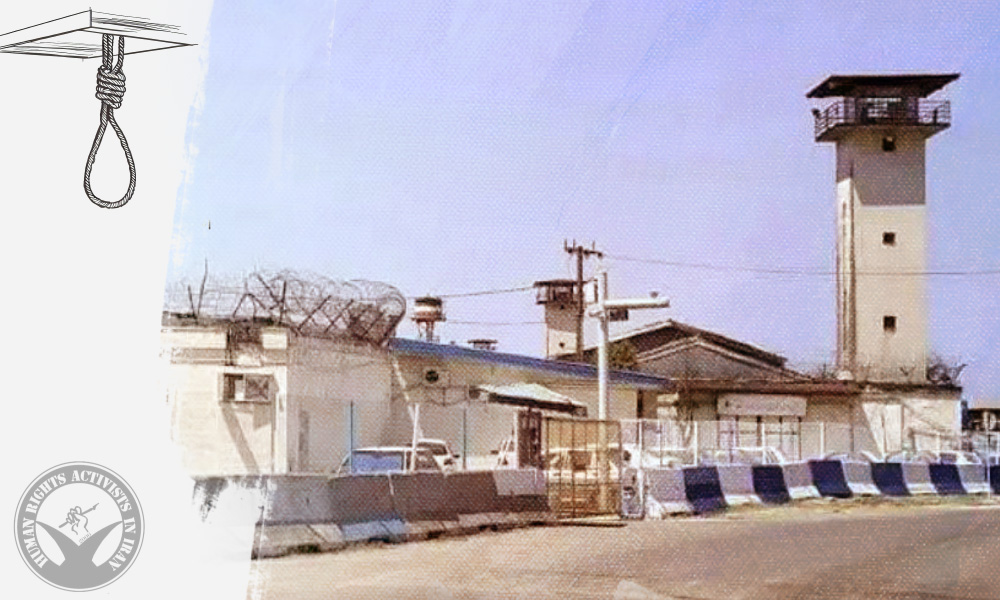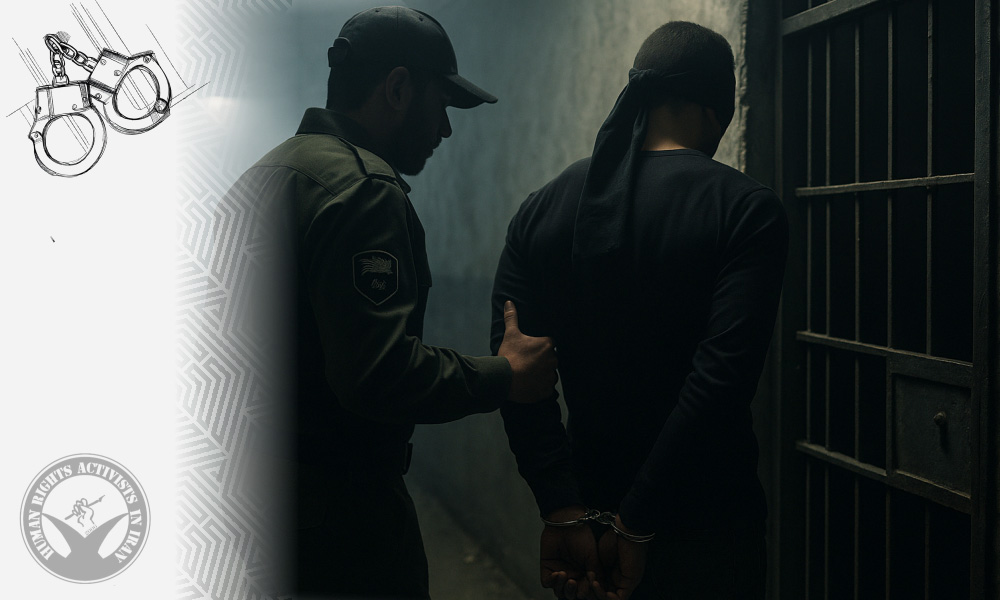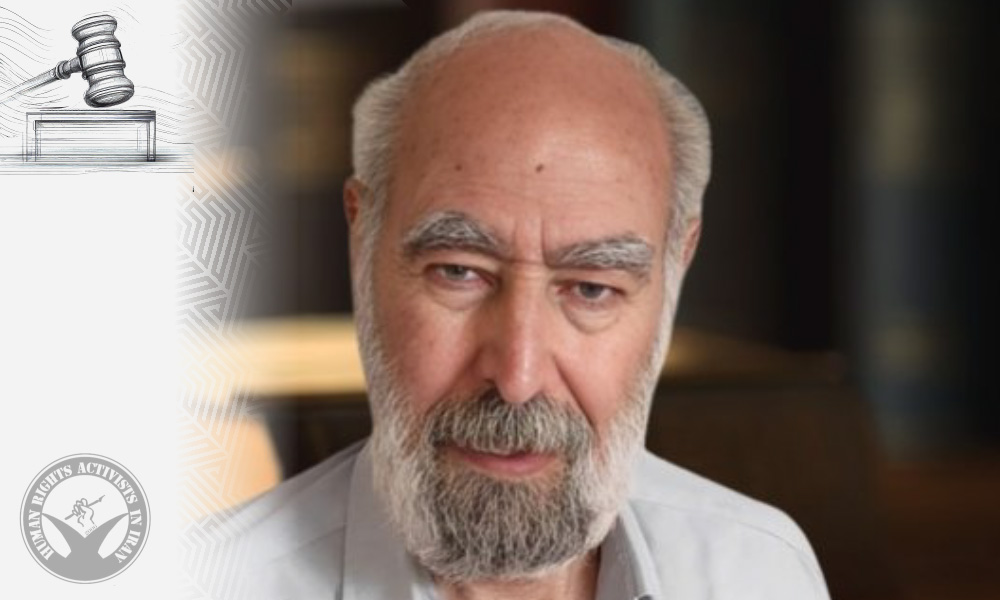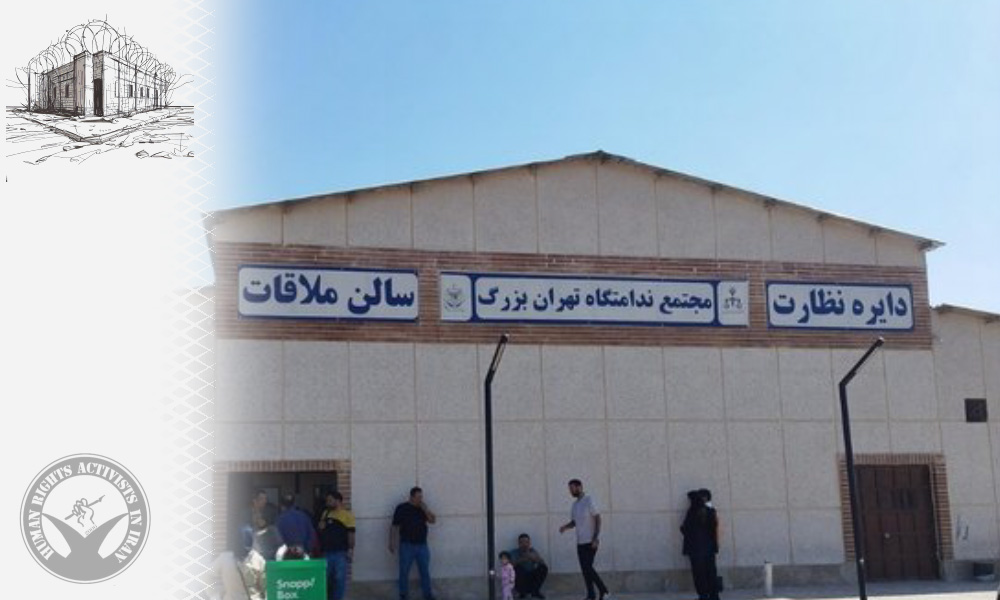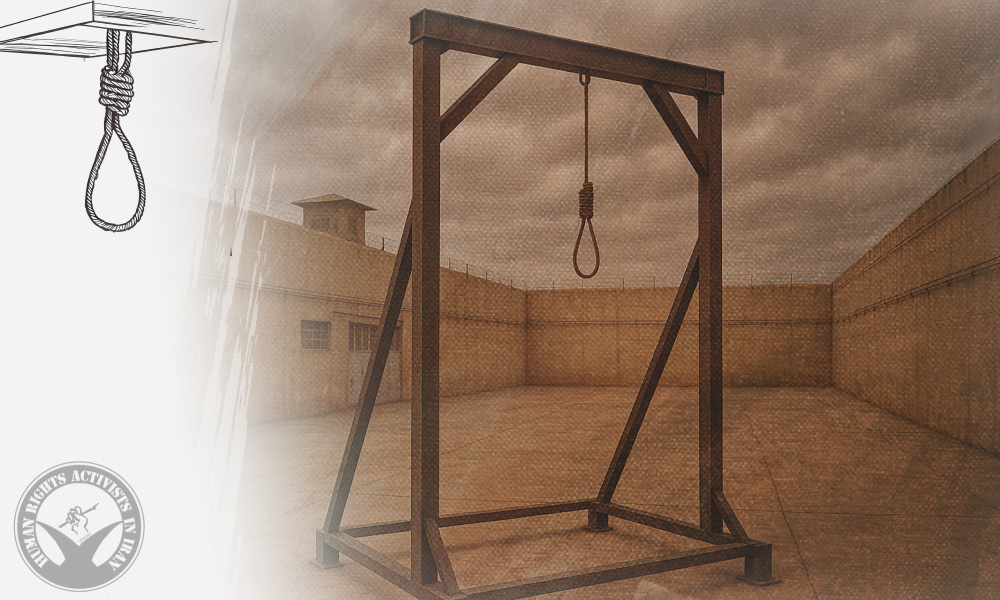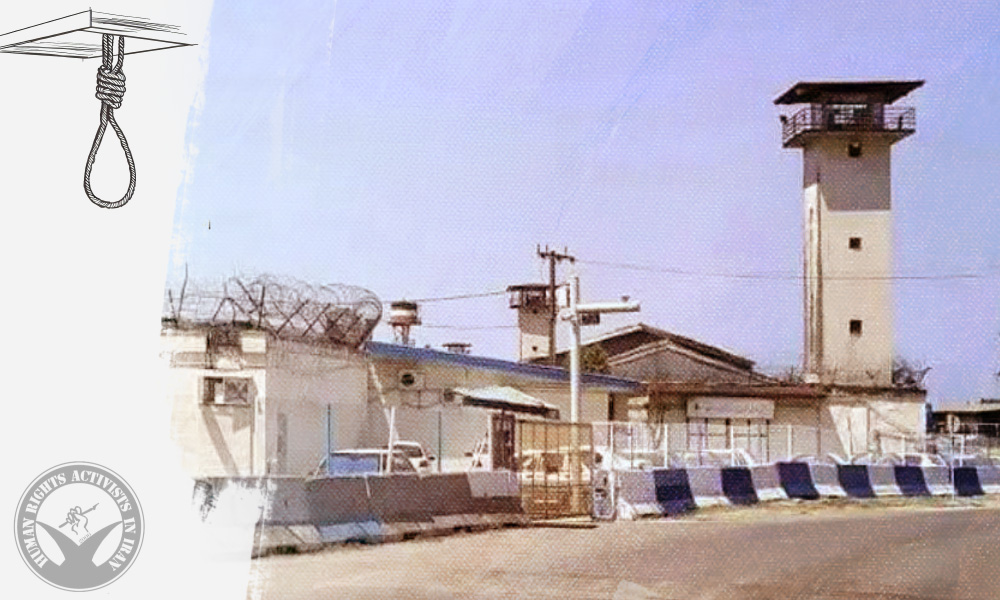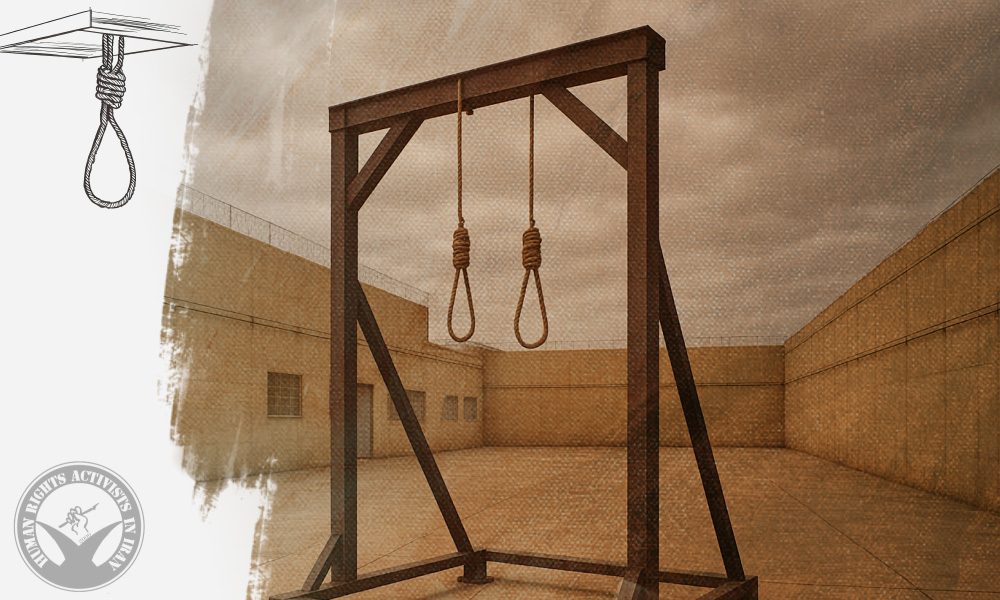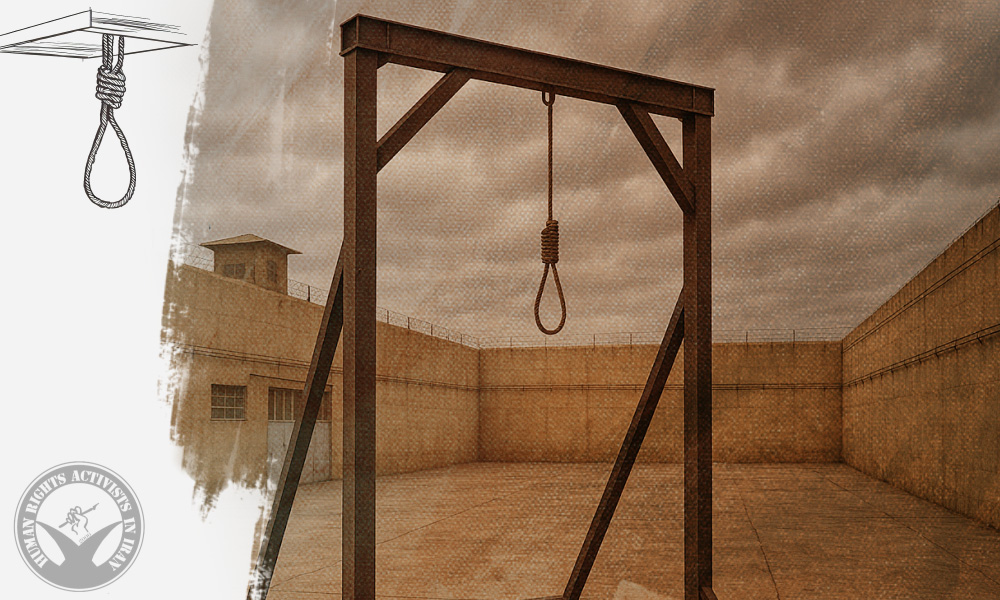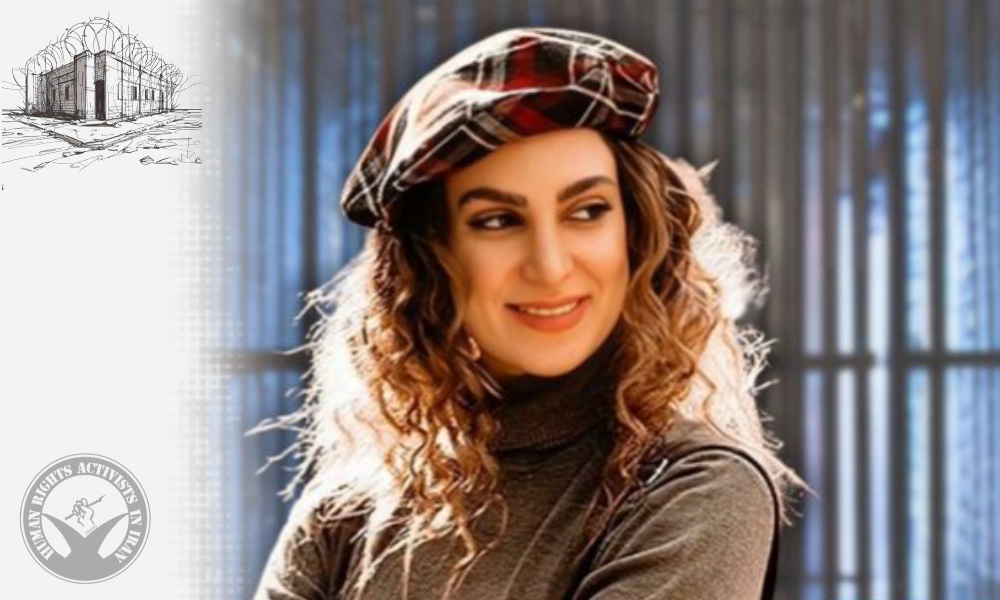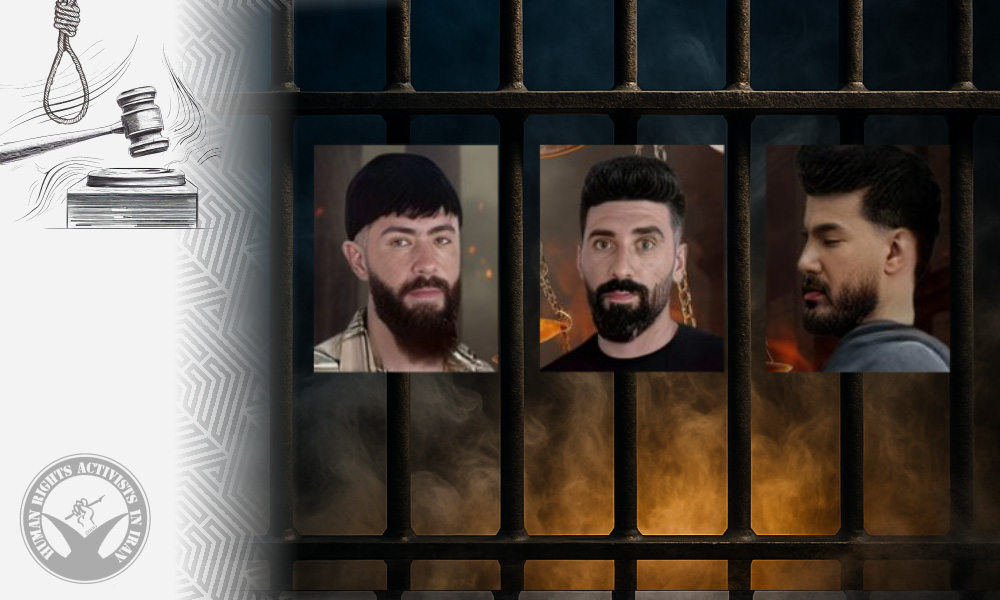HRANA – The Ahvaz Revolutionary Court has sentenced political prisoners Masoud Jamei, Alireza Merdasi, and Farshad Etemadifar each to two death sentences and one year in prison. In the same case, the court handed down a combined 27 years of imprisonment to Saman Hormatnejad and Davoud Hormatnejad.
Branch 1 of the Ahvaz Revolutionary Court, presided over by Judge Adibimehr, issued the verdicts and formally delivered them to the defendants on July 11. Judge Adibimehr convicted Jamei, Merdasi, and Etemadifar of corruption on earth (efsad fel-arz), membership in rebel groups, and propaganda against the regime, sentencing each to two executions and one year behind bars. He also sentenced Hormatnejad and Hormatnejad to 12 and 15 years in prison, respectively, on similar charges.
According to the court rulings, membership in the Mojahedin-e Khalq Organization (MEK) was cited as the basis for the charges. This case constitutes one of the harshest security-related verdicts issued in Khuzestan province in recent months.
A source familiar with the case, who spoke to HRANA on condition of anonymity due to security concerns, stated: “These individuals have spent nearly two years in pre-trial detention in a state of uncertainty. During this time, they were denied access to legal representation and adequate medical care. The verdicts were issued despite clear violations of fair trial standards. The confessions attributed to the defendants were obtained under coercion and in inhumane conditions.”
Farshad Etemadifar, Saman Hormatnejad, and Davoud Hormatnejad were arrested by agents of the Ministry of Intelligence on June 16, 2023. Masoud Jamei and Alireza Mordasi were also arrested by security forces in Ahvaz on August 1, 2023, and transferred to Sheyban Prison.
Following these arrests, Tasnim News Agency, affiliated with the Islamic Revolutionary Guard Corps (IRGC), published a report claiming the detainees were connected to the “Monafeqin network” (a term used by the Islamic Republic to refer to the MEK) and were planning “sabotage operations” in Khuzestan, Fars, and Kohgiluyeh and Boyer-Ahmad provinces.
Farshad Etemadifar is from Kohgiluyeh and Boyer-Ahmad Province, while Masoud Jamei and Alireza Merdasi (also known as Hamidavi) are residents of Ahvaz. Masoud Jamei, 47, suffers from liver disease and stomach cancer. His health condition in prison is critical, and he urgently needs treatment in specialized medical facilities outside the prison. Before his arrest, he worked for the National Iranian Oil Company. In March 2025, he, along with his wife Zeinab Hezbapour and children Nahid, Dalal, and Roghayeh Jamei, was tried in the Bavi Revolutionary Court on charges related to alleged connections with an opposition group.



